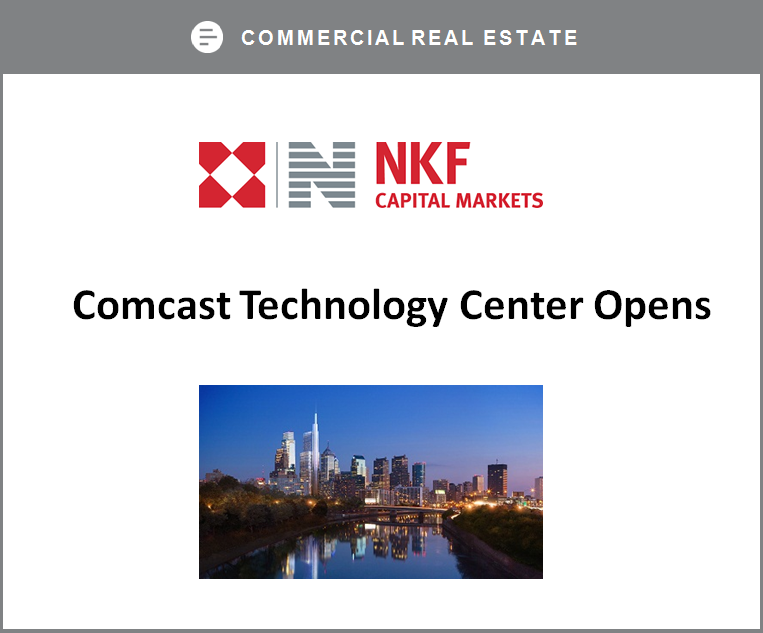The giant telecommunication providers AT&T (NYSE:T) and Verizon Communications (NYSE:VZ) have been following comparable trajectories. After some debatable acquisitions of media assets over the last several years, both companies now rely on 5G to boost their revenue and sustain their dividends. But with its focused strategy and its safer balance sheet, one seems to be a better buy despite its higher valuation.
AT&T: HBO Max and 5G will be key
AT&T has been acquiring media assets to propose content and increase the stickiness of its wireless and broadband offerings. After its $49 billion purchase of DirecTV in 2015, the company finalized the acquisition of Time Warner for $85.4 billion in 2018. But with the spectacular growth of video streaming over the Internet, the company is facing the secular decline of its legacy TV business. During the last quarter, the number of premium TV subscribers decreased to 20.4 million, down 1.16 million compared to last year.

IMAGE SOURCE: GETTY IMAGES.
To offset this decline, AT&T will launch its video streaming service, HBO Max, in May, ahead of the expected ramp-up of 5G over the next several years. And 5G provides extra capacity that customers will need to consume AT&T's video services over their wireless devices, presenting the opportunity to move customers into unlimited subscription plans, which would increase the average revenue per user.
Because of its acquisitions, AT&T's net debt reached $158.6 billion at the end of last quarter, which corresponds to a high net debt-to-EBITDA ratio of 2.66.
But management's three-year plan, announced a few weeks ago, suggests the company will have ample resources to reduce its debt load and sustain its $3.7 billion quarterly dividend. The plan forecasts free cash flow to stabilize at $28 billion in 2020 before increasing annually by about $1 billion in the following years. This level of free cash flow will cover the dividend and allow the net debt-to-EBITDA ratio to decrease to a range of 2 to 2.25 by the end of 2022.
The risks associated with the launch of HBO Max in a crowded video streaming market are significant, though. Management's execution over the next several years will be key if the company is to deal with its massive debt and sustain its dividend.
Verizon: focus on 5G
Verizon also acquired media assets to create synergies with its telecommunications business, but the scale of these transactions was much smaller than AT&T's acquisitions: Verizon bought AOL and Yahoo! in 2015 and 2016 for $4.4 billion and $4.83 billion, respectively.
And in contrast with AT&T's strategy, Verizon partnered with Disney to provide a video streaming offering. The company bundles one year of free Disney+ with some of its Internet access plans. This strategy reduces execution risks and does not require any extra capital, but the drawback is that Verizon will have no control over the content its partner will propose to its customers.
Given these more modest acquisitions, Verizon's net debt of $106.6 billion at the end of last quarter, which corresponds to a net debt-to-adjusted EBITDA ratio of 2.2, is more reasonable than AT&T's debt load.
Thus, Verizon seems less risky than AT&T. Also, the company's year-to-date free cash flow of $14.4 billion largely covered its $7.5 billion dividend. Management didn't provide guidance for the next years, but it indicated it would keep on increasing the dividend while reducing the company's debt load.
Prudent investors will prefer Verizon
Thanks to its decision to partner with Disney instead of launching its own video streaming service, Verizon's management can focus on its core telecommunications business. In contrast, AT&T will also have to deliver on its HBO Max streaming service and manage its European and South American assets. In addition, Verizon's lower debt load positions the company as a safer dividend stock.
The market recognizes AT&T's extra risks and values Verizon at a small premium compared to AT&T, as indicated by some valuation metrics in the table below.
| Metric | AT&T | Verizon Communications |
|---|---|---|
| Enterprise value-to-revenue | 2.63 | 2.91 |
| Forward P/E | 10.57 | 12.37 |
DATA SOURCE: YAHOO! FINANCE, AT&T, AND VERIZON COMMUNICATIONS.
However, since the valuation difference between these telecommunication providers is not significant, Verizon is a better buy for prudent investors because of its safer profile.









